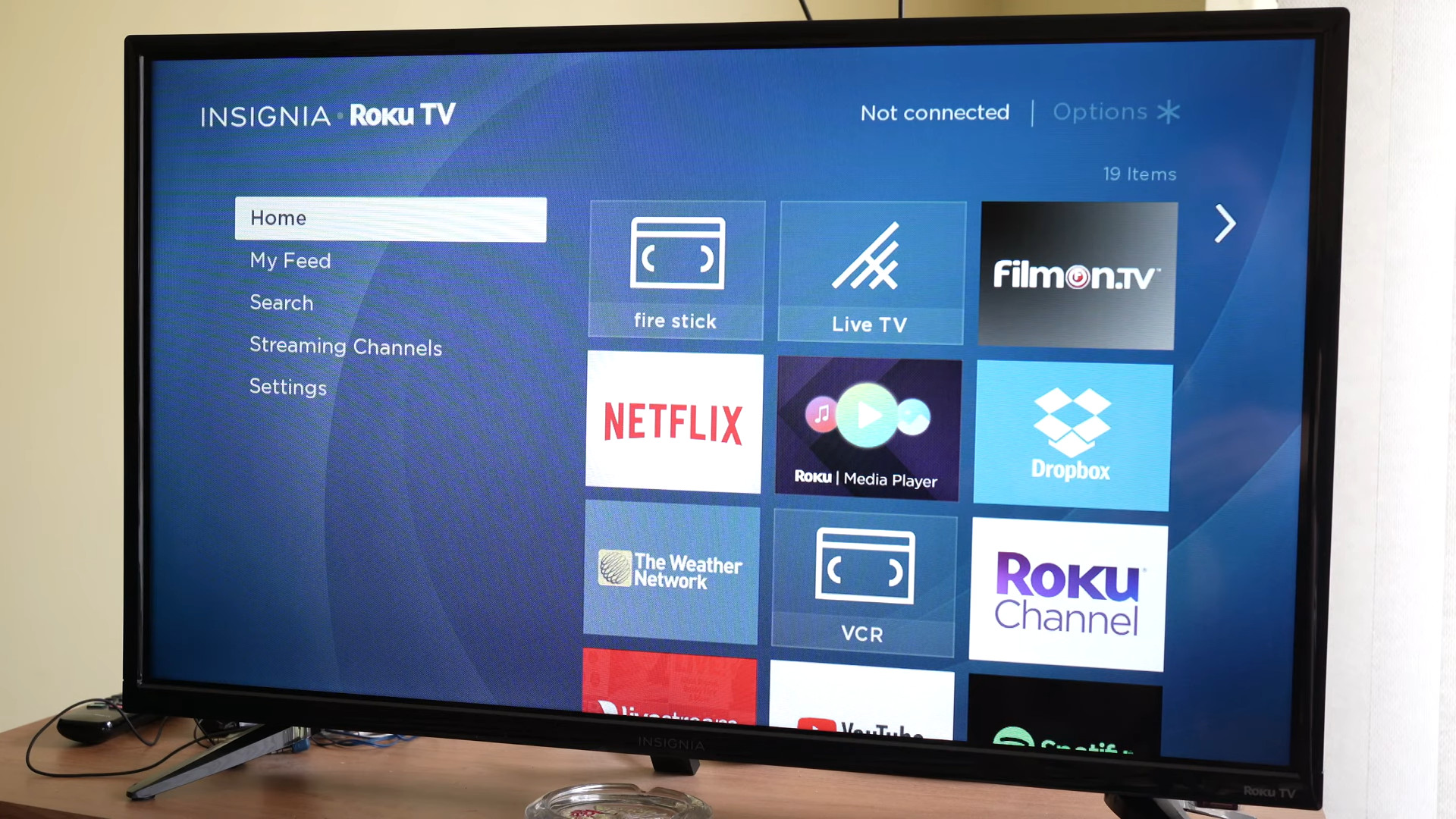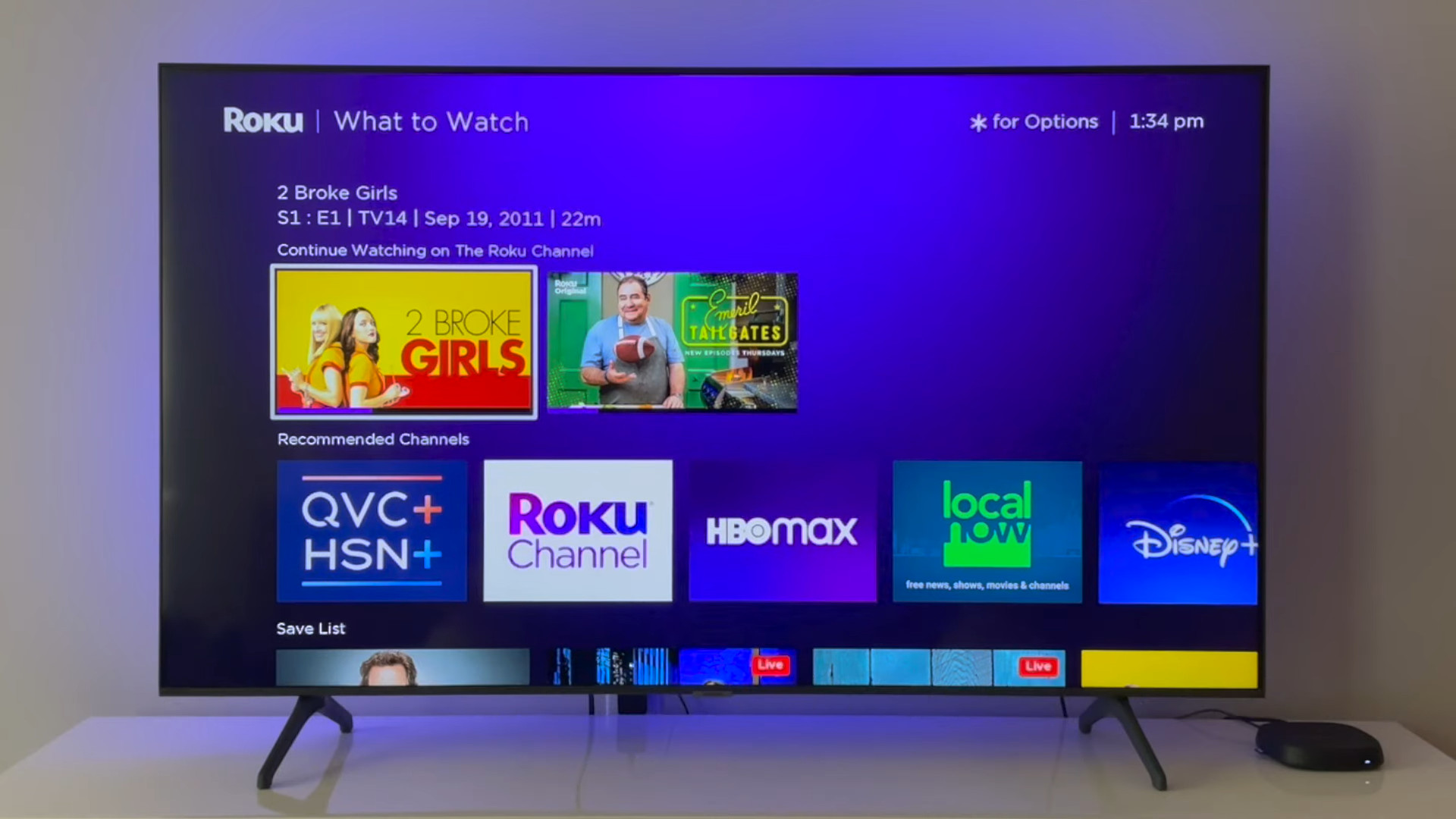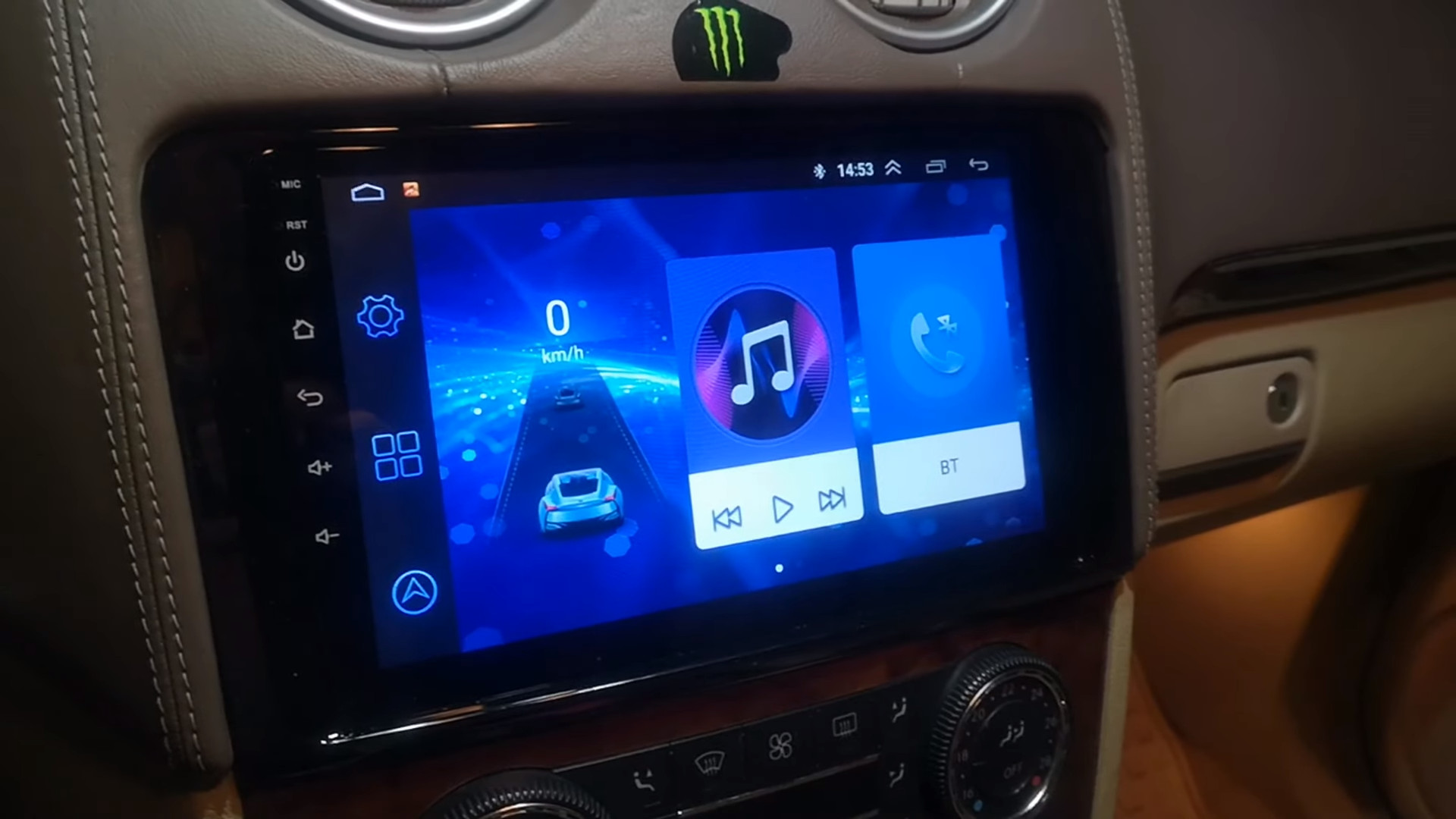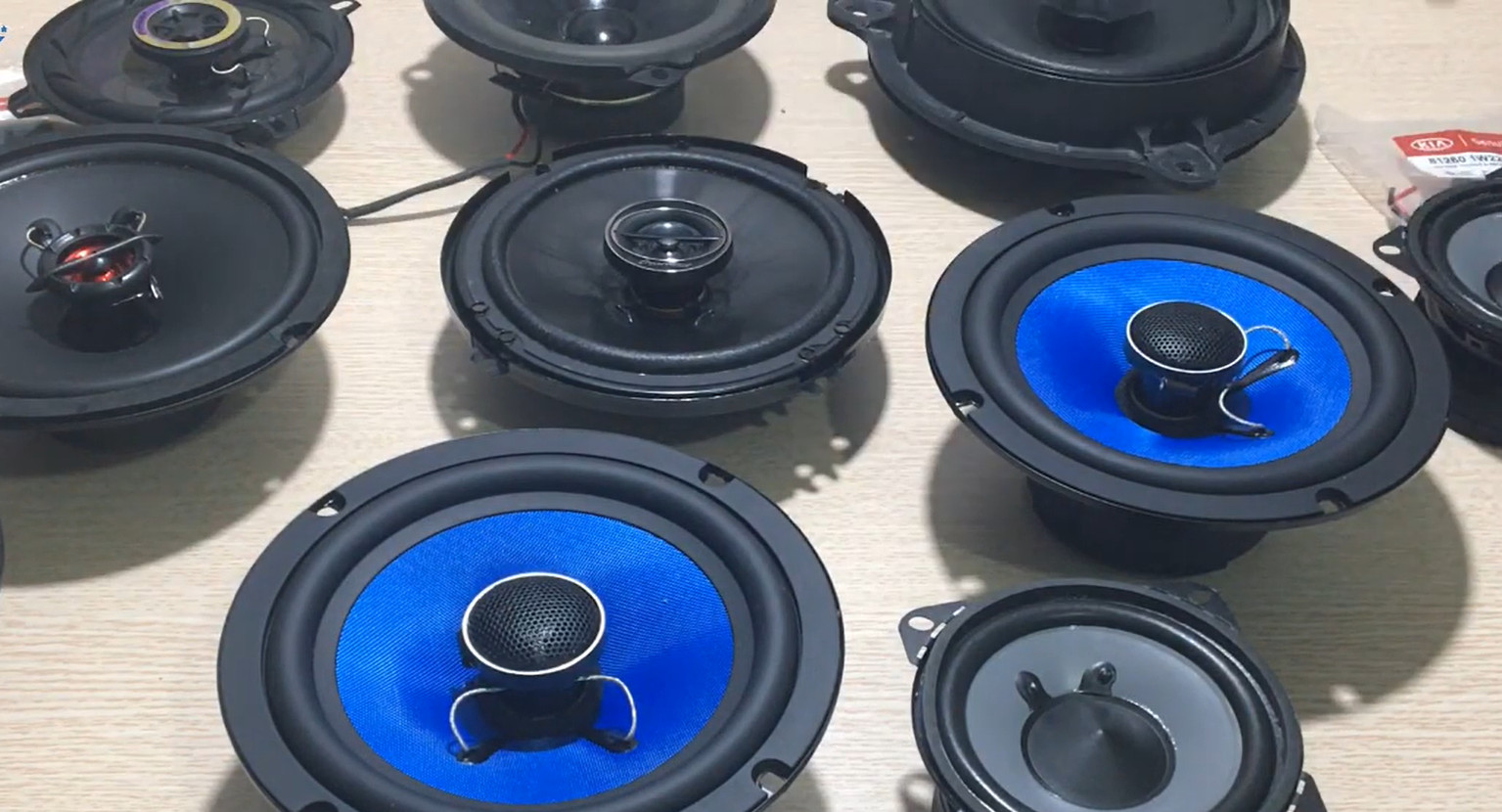IPX8 Vs. IP68: What is the main difference between them?
With any electronic device, the waterproof ability of the product is always one of the essential priorities of the user. Waterproof rating parameters such as IPX8 vs. IP68 appear quite commonly on smart device cases.
However, not everyone can tell the difference between the two parameters. So, which performance is superior? We give the complete answer and explanation in this article. Keep reading for more details!
Contents
What Is IP rating?
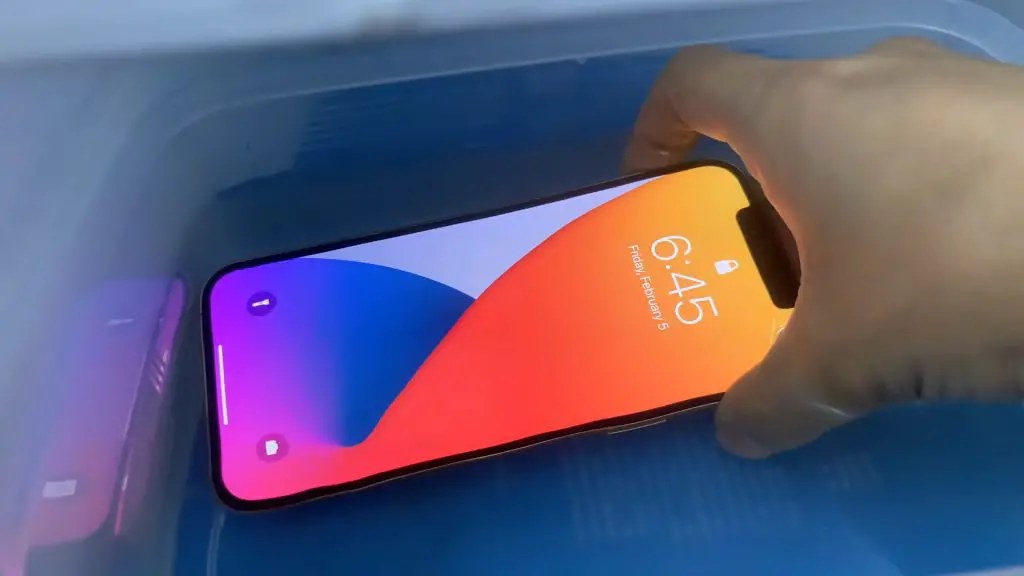
Before diving deeper into IPX8 and IPX68, let’s learn about IP metrics.
The IP rating is a standard for devices created by the International Electrotechnical Commission. It represents different levels of standards in terms of connectors, brackets, cabling, and patch panels.
This parameter also proves the water resistance of any device it is located in. Typically, IP testing will be for smartphones and tablets in freshwater with chemicals or salt water.
IPX8 Overview
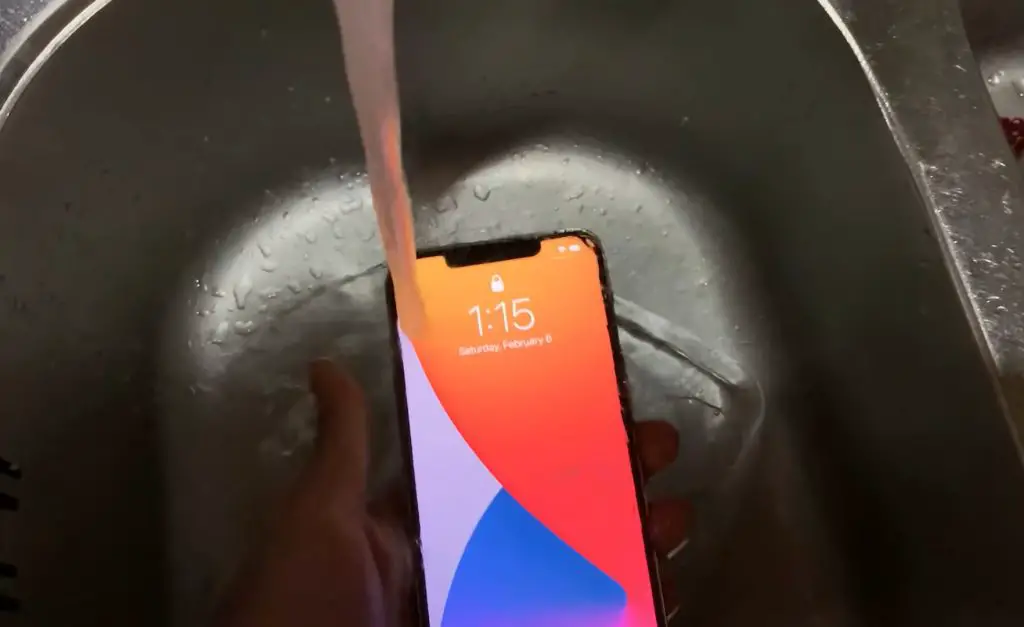
IPX8 is a parameter showing the absolute waterproof level of the device to a depth of 1 meter for 1 hour. Experts strictly carry out these tests in the production and a third-party certification company.
Products with this specification have a closed structure not to affect the internal details. However, you should not immerse the device in seawater for too long, which can cause problems with the system.
Your product and the charging port may rust due to the effects of chemical components in seawater. Even if your phone has the best waterproof rating, don’t be too confident to test it in such extreme conditions.
IP68 Overview
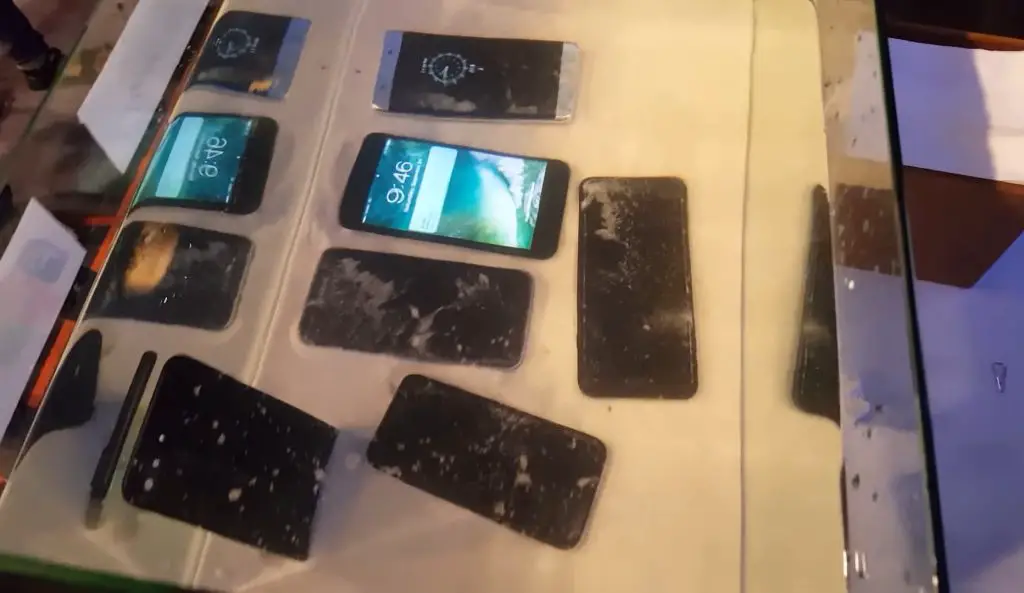
It indicates the best level of water resistance of the device. The parameters of waterproof performance include IP and the two digits XX after IPXX.
The first X has levels from 0 to 6, indicating dust resistance from low to high. Thus, 6 is the highest level of dust resistance that a device can achieve.
The second X has levels from 0 to 8 and 8, indicating water resistance. And 8 is also the highest score for a review.
If your device gets this score, it will carry excellent features with reliable quality and durability because they have been tested and evaluated by experts.
Similar to IPX8, the device will have to be in a depth of 1m for 1 hour, 100m for 12h, and related dust tests to pass.
If it still works with stable performance, the designs will be IP68 certified.
IPX8 vs. IP68: What Are The Main Differences?
IPx8 or IP68 ratings are characteristics that help manufacturers market their products.
It sets the competition apart from the competition regarding water and dust resistance.
If you struggle to distinguish these two, the direct comparison will help you.
Waterproof
Both scores describe water resistance with the symbol IP (International Protection Marking).
On a scale of 0 to 8, IPX8 and IP68 scored as high as 8. It means that these devices passed the test with a depth of more than 1m for more than 1 hour.
If you often drop your phone underwater, the two are great options with absolute waterproofing for a long time. However, do not overdo it in salt water, which can cause rust on the metal components on the phone.
Dustproof
The first x in the IPxx designation indicates resistance to dust or solid objects.
However, if it is not a specific number from 0 to 6 but just “X,” the manufacturer has not tested this feature on your device.
As such, IPX8 will illustrate that the product is not dustproof, while devices with IP68 have the best dust resistance on a scale of 0 to 6.
If your phone has an IP68 rating, it’s good and stable even in dusty conditions such as construction sites or on the road.
This feature can also be one of the factors that the manufacturer is most passionate about. It helps distinguish a high-end product from cheaper designs.

Anti-intrusion
In addition to the same water resistance as IPX8, IP68 has an additional dust penetration rating.
Your device will limit or not allow any dust particles to enter. This feature ensures system components’ smooth operation and prolongs a device’s life.
With much superiority to dust proof and Anti Intrusion, IP68-certified products have a significantly higher price than the remaining versions. If the budget isn’t a big deal to you, it’s worth the extra investment for durability and experience.
| IPX8 | IP68 | |
| Waterproof | Best waterproof | Best waterproof |
| Dustproof | No dust resistance | Best dustproof |
| Anti-intrusion | No Anti-intrusion ability | Anti-intrusion |
Which One Should I Choose?
We recommend that you choose products with an IP68 rating under all circumstances. This device will be water and dust-resistant, allowing you to use it in dusty places.
When comparing water resistance, both products are fully waterproof to a depth of more than 1m for many hours. Thus, dust resistance will be decisive in helping you choose the most suitable product.
If you need to use your device in dusty areas, you should prioritize IP68 as the critical parameter. The details will be in the product description or user manual.
You can also check out the details and parameters at the manufacturer’s website for complete information. On the contrary, when you use the product in the office or low-dust places, IPX8 is ideal without needing IP68.
You will save a part of the purchase cost while the efficiency is almost perfect.
Conclusion
IPX8 vs. IP68 claims the perfect level of water resistance. Therefore, you can choose the product that best suits your needs and budget.
While IPX8 is only fully waterproof, IP68 offers additional dust and ingress resistance. The internal details also operate more stably, minimizing problems from external factors.
If you have any questions or concerns about this topic, don’t hesitate to contact us via email for the earliest and most accurate response. Thank you for reading!

